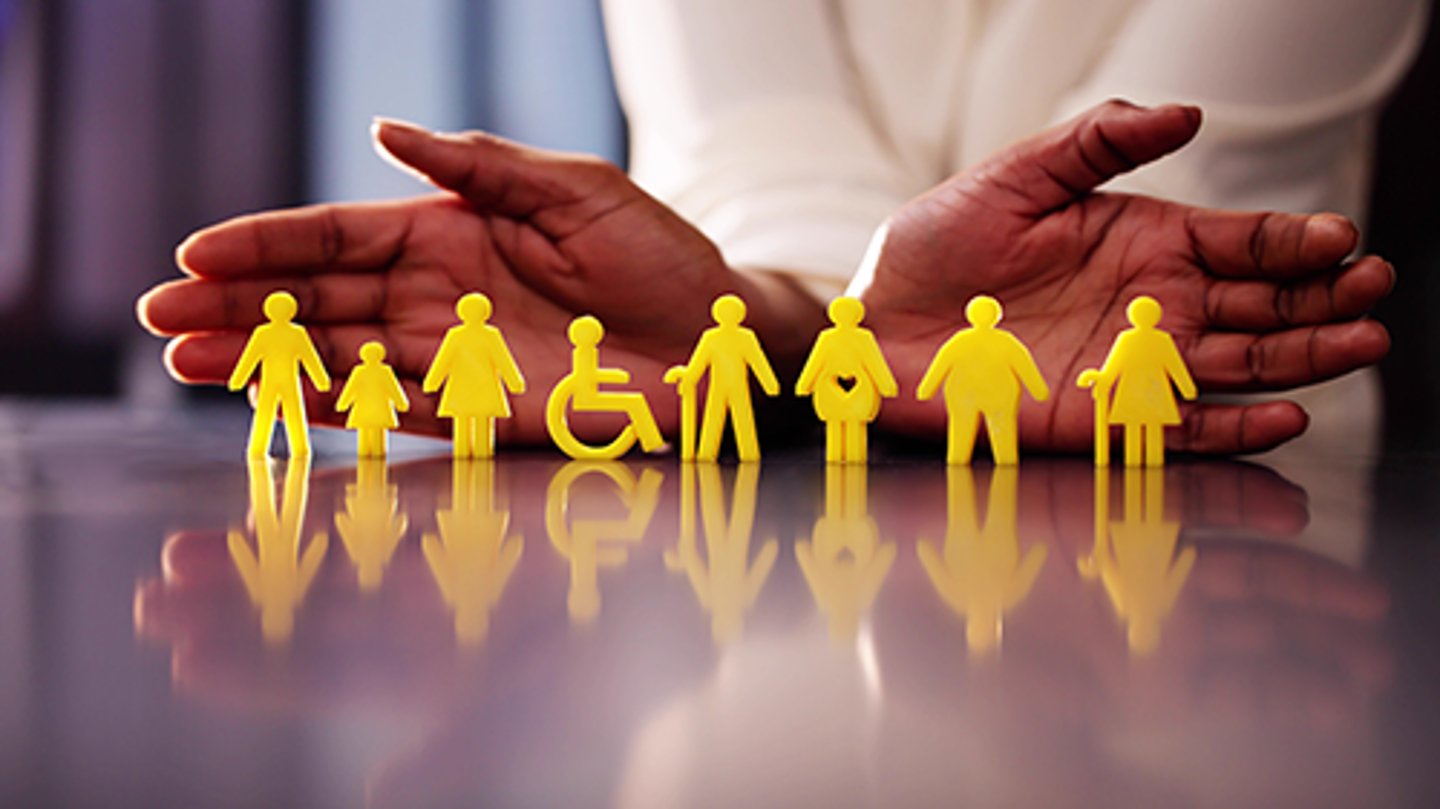Which cities are the best for people with disabilities?
WalletHub has issued a report that examines which cities are the best for people with disabilities.
When searching for a new home, people with disabilities often have a longer and more complicated list of considerations than other individuals. In addition to common wish-list items, such as reliable public transportation and diverse entertainment options, people with disabilities also must think about things like the accessibility of homes and public buildings, WalletHub said.
Citing figures from the Centers for Disease Control and Prevention, WalletHub said 28.7% of U.S. adults have a disability. Keeping up with the costs of a disability can be very expensive, too. The average monthly Social Security disability benefit as of June 2024 was only $1,402.69. That adds up to a yearly income of $16,832.28, only slightly above the federal poverty line for a single individual ($15,060), the group noted.
WalletHub compared more than 180 of the largest cities across 33 key indicators of disability friendliness. The data set includes physicians per capita, the rate of workers with disabilities and the accessibility of buildings.
[Read more: Which cities are the healthiest?]
“More than one in four United States adults live with a disability, so it’s extremely important for cities to prioritize becoming a safe, welcoming and affordable place for this demographic," said Chip Lupo, WalletHub analyst. "The best cities have highly-accessible public facilities and housing, high-quality medical care, and an affordable cost of living for people on a fixed income.”
In-depth look at the top cities:
Scottsdale, Ariz.
Scottsdale, Ariz., is the best city for people with disabilities, leading the country when it comes to the number of wheelchair-accessible grocery stores, arts and entertainment establishments and recreational establishments. In addition, Scottsdale residents have access to Arizona’s state Medicaid program, which ranks as the best in the country.
Scottsdale also offers a great financial environment for residents with disabilities. It has the sixth-highest median annual income for people with disabilities, at $41,438, and the 12th-lowest poverty rate for that demographic.
Scottsdale keeps costs relatively low, too. The average doctor’s visit costs $99, the 9th-lowest in the country, and the average monthly health care premium is $373, the 5th-lowest.
Minneapolis, Minn.
Minneapolis is the second-best city for people with disabilities, in part due to the availability of affordable, quality medical care. The average monthly health insurance premium in Minneapolis is $337, the second-lowest in the country. In addition, the city has the 6th-best public hospitals and the 8th-most hospitals per capita.
Minneapolis also has made strides with accessibility, ranking as the 22nd-best city when it comes to the number of wheelchair-accessible grocery stores and arts and entertainment establishments per capita. It has the 5th-most wheelchair-accessible trails as well, and over 98% of residents live within half a mile of a park.
[Read more: Which states vaccinate the most?]
Finally, more than 27% of homes listed for sale in Minneapolis are wheelchair-accessible, the 11th-most in the country.
Columbus, Ohio
Columbus, Ohio, is the third-best city for people with disabilities, in part because it’s home to an especially high number of medical professionals. Columbus has the 9th-most occupational therapists and the eight-most family medicine physicians per capita. In addition, the city has the 11th-most special-education teachers per 1,000 residents with a disability, which improves accessibility within schools.
Columbus also is good for homebuyers with disabilities, as nearly 25% of homes in the city are wheelchair-accessible, the 14th-most in the country. On top of that, Columbus is the 36th-cheapest among the more than 180 cities in WalletHub’s study when it comes to housing affordability. The city has the 13th-lowest homelessness rate for people with disabilities, too.


